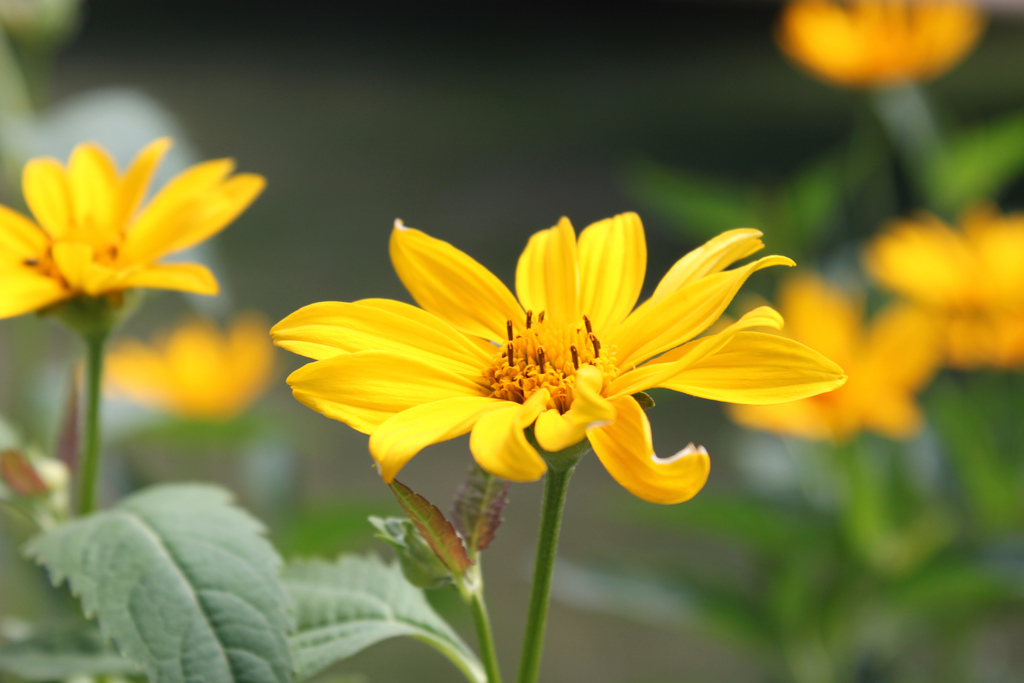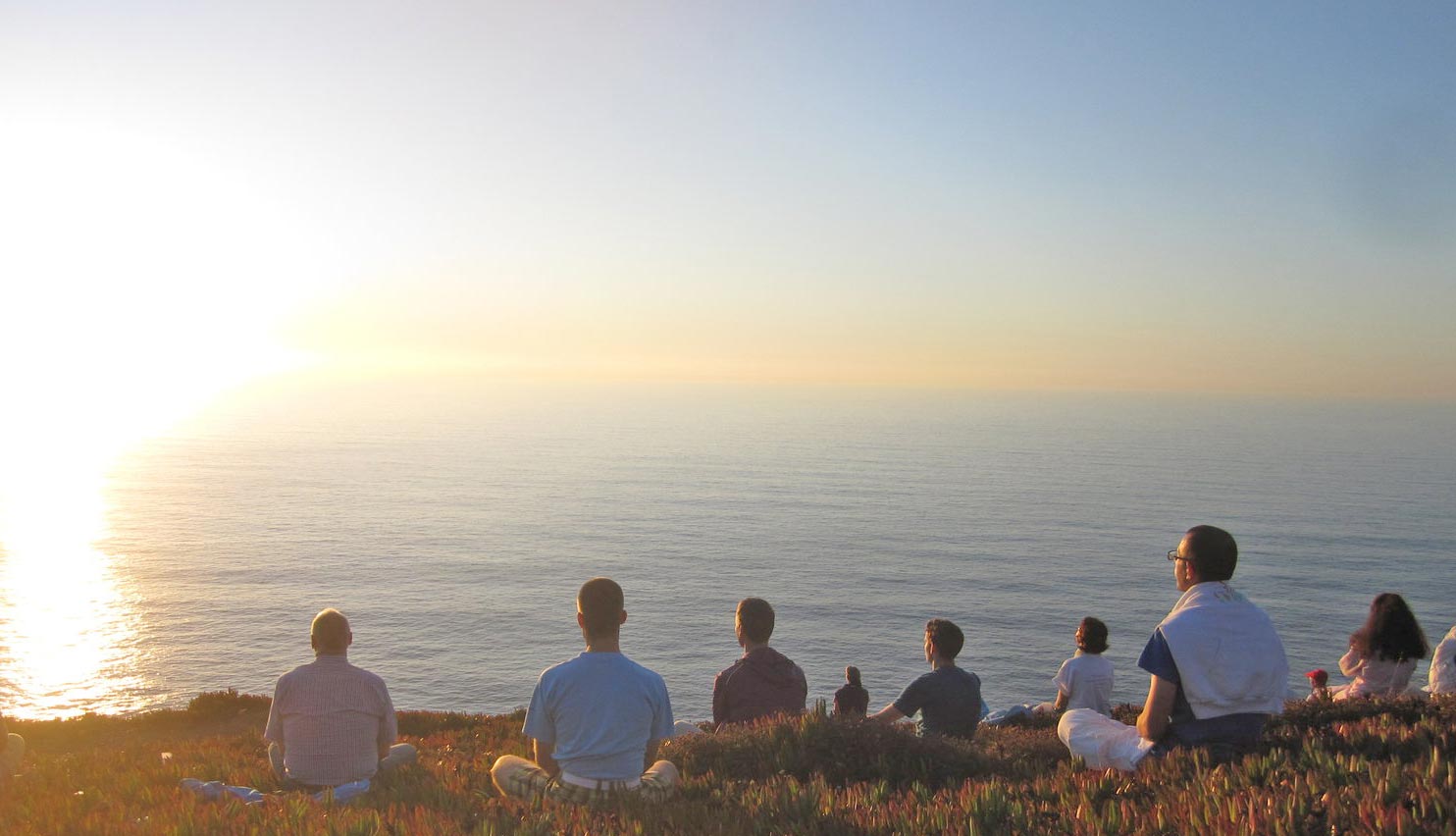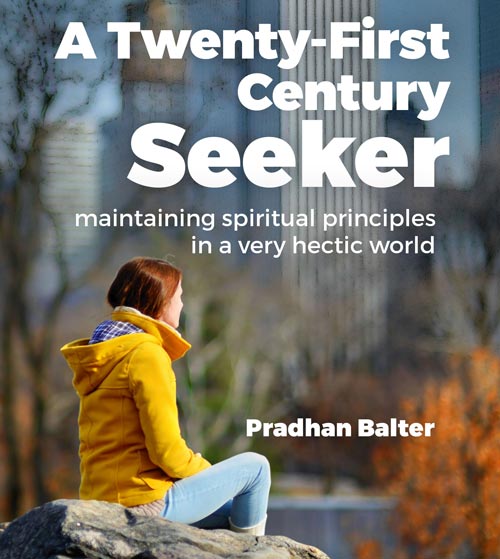One of the challenges in developing a regular meditation practise is finding the actual time to meditate. We have 24 hours at our disposal, but finding 20 minutes for quiet reflection can be surprisingly difficult! However, to give ourselves the best chance in getting the most out of meditation, we need to cultivate a regular daily practise. As we get into a daily routine of meditation, it becomes much easier to find time. We start to enjoy meditation so much, we want to do it before anything else; but in the beginning we need to make quite an effort to make sure we can always find 15 minutes in the day.
To find time for meditation, these are a few tips that we might consider.
- Give it a high priority. The most important thing is to give meditation a priority in our life. If we feel the importance of meditation, then we will make sure we find the time to meditate. It is like anything in life, what we value, we give ourselves time for.
- Set a weeks challenge. It is very helpful to set targets. For example, we could set ourselves a challenge to meditate for 20 minutes everyday for a week. This target is quite achievable and not too daunting. After we have managed it for one week, it will be easier to make it a second week. Then we can set ourself the challenge to meditate for a month, and see how different we feel at the end.
- Don’t give up. Don’t be discouraged if you find meditation difficult. One of the biggest problems beginners face is that meditation is often more difficult than we would like. We sit down with the best intentions to keep the mind calm, but it isn’t as co-operative as we would like. However, even if we don’t feel we are doing a particularly good meditation, we should remember we are still getting a great benefit from it. Sometimes, we need to put in quite a few hours of practise, before we can take it to the next level. Sri Chinmoy suggests for absolute beginners to meditation, it is useful to get in the habit of simply sitting still for a few minutes a day. We shouldn’t expect too much in the beginning. Our capacity will increase the more we meditate.
- Get up 20 minutes earlier. This might sound a little difficult. But, you might be pleasantly surprised that if we get up earlier, we will create a wonderfully quiet 20 minutes early in the day.
- Get rid of 20 minutes of our least worthwhile activities. In our life, there are always some things which we can cut out. We can find ourself absorbed in many insignificant distractions like checking email, watching the news or surfing the net. Spent 20 minutes less doing this, and you will have more time for meditation.
- Don’t feel guilty for not being ‘busy’ We are so used to being busy that it can feel a bit strange taking time for something where outwardly we don’t really do anything. It’s good to lose a sense of indispensability. Meditation isn’t an egoistic use of time – we are trying to become a better person, more peaceful and relaxed. You can tell yourself that if you can quieten the mind, then you will develop the power of concentration and become more productive. If you are less stressed, you will be able to make up the 20 minutes you spend in meditation
Q.A. Relevant for beginners to meditation.
Question: How should I do meditation if I have never done it before?
Sri Chinmoy: First try to be calm and quiet at least three times during the day: in the morning, at noon and in the evening. You don’t have to actually do any kind of meditation. Just feel that these five minutes belong to you and nobody else. Act like a miser. Feel that you are not going to give these five minutes to anybody, not to your relatives, your friends, your enemies—nobody. These five minutes are absolutely yours. When you are with yourself, this is not self-centered ego. Here “you” means you in your highest form. Your highest form is God, and you are growing into this highest form. (Sri Chinmoy Library)









